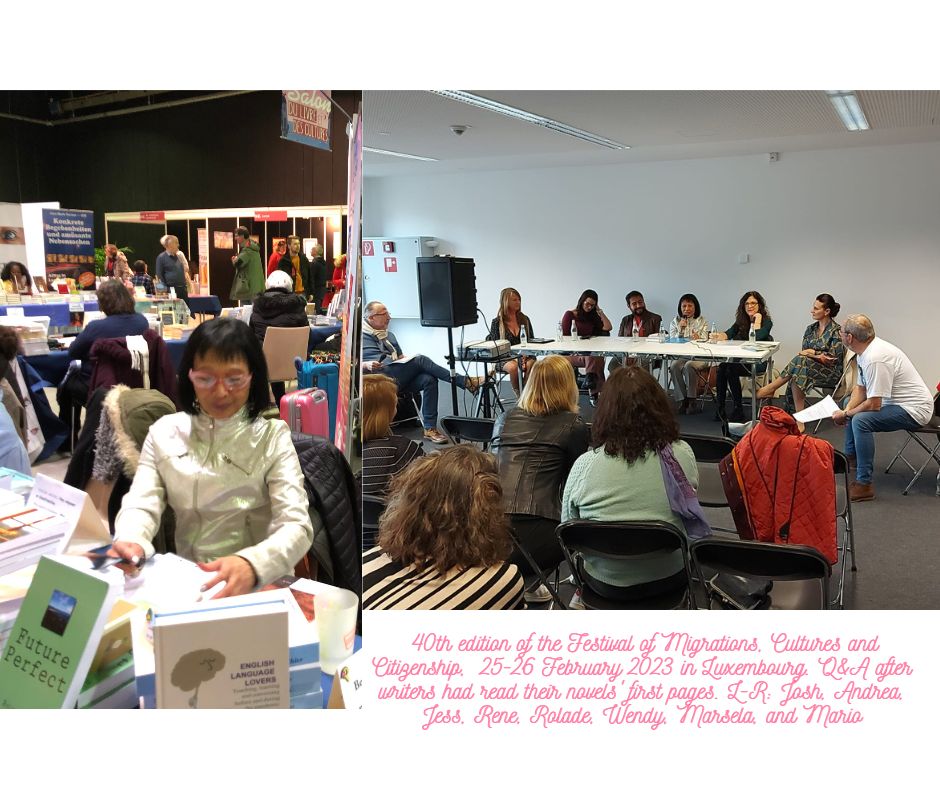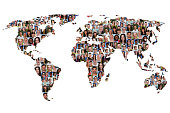
On 23 March 2023, I was invited to speak at the European Parliament Directorate-General for Personnel’s hybrid event to observe the International Day for the Elimination of Racial Discrimination. The theme was “Anti-Racism –Why words matter”.
Some of the things I said were:
Classifying individuals as English speakers and non-English speakers is inappropriate when based only on the language of the country they come from. They should be described as people with a “First Language Spoken Other Than English” and “First Language Spoken English”. If you want to refer to their spoken English proficiency, describe them as “Speaks English Very Well, Fluent, or Proficient, “Speaks English Well or Conversational”, “Basiс”, or “No English Language Skill”.
“Our, Their, Us, and Them” are pronouns that should be used wisely, as they can be polarising. They affect feelings, thoughts, and actions. Whereas, social cohesion reduces fear and prejudice.
Race is ascribed to individuals based on physical traits; it’s not their choice. Race is not the same as ethnicity, which the individual chooses, encompassing everything from language to nationality, culture and traditions, religion, and values.
Race has no coherent, fixed definition, and its myth hasn’t served humanity well.
We use “blacklist” for something negative or prohibited. Doesn’t this reinforce notions that black is undesirable while white is desirable? How about using “barredlist”, “denylist”, “blockedlist”, or “disallowedlist” instead?
Are there prejudicial and offensive words and phrases in your language?
- “Gyp” or “Gip” is a short version of gypsy/gipsy- Slang for swindlers and cheaters. Dupe, rip off, take advantage, or trick
- “Chop Chop!” sounds like you’re making fun of a Chinese speaking Pidgin English. Do it quickly
- “Guru” – A spiritual guide or leader. In the Buddhist and Hindu traditions, “guru” commands respect and using it casually calls into question its original value.
- Voodoo economics is used to describe supply-side economics (i.e. something based on unreal and impractical concepts). Voodoo is a religion practised in Haiti and parts of the Caribbean.
- An immigrant is a human being; a human being cannot be illegal. Why not use “Individual/family/people with undocumented status”; or focus on the action, i.e. illegal entry?
- “Alien” and “foreigner” suggest that the person does not belong to a particular place or group, i.e. a stranger or outsider. “Foreign-born people” tells you they were born in a country where they don’t currently reside.
Issues on ethnic slurs or racism in the workplace:
- Is there psychological safety in the workplace?
- No individual target; no one complains about it. (Someone may perceive this as such and become unproductive due to offended sensibilities).
- An isolated incident may be repeated and can become a norm.
- It’s only a joke/just for fun. Humour and jokes can poster or improve group cohesiveness. Laughing and smiling relieve anger, boredom, fatigue, frustration, and tension. However, when the workplace is inundated with such practices and management implicitly or explicitly condones them, making at least one employee uncomfortable, it has to stop. The bottom line is respecting the words and feelings of everyone.
Words matter! Language is the foundation of how we understand and treat each other. Words can make the difference between respecting and dehumanising each other.




